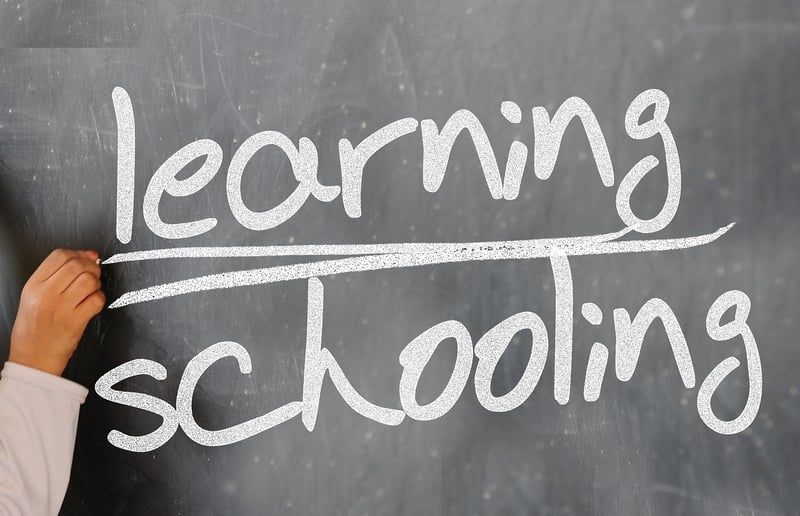Career setbacks
Uncovering Controversies and Career Setbacks
Introduction
In any career, setbacks and controversies are inevitable. They can be challenging to navigate but can also serve as valuable learning experiences. Let's delve into some common controversies and career setbacks that individuals may encounter along their professional journey.
Controversies in the Workplace
Workplace controversies can arise due to various reasons, such as conflicts with colleagues, ethical dilemmas, or misunderstandings. It's essential to address these issues proactively and professionally to prevent them from escalating further. Effective communication and conflict resolution skills play a crucial role in resolving workplace controversies.
Examples of Workplace Controversies:
- Harassment allegations
- Discrimination issues
- Conflicts of interest
- Violations of company policies
Career Setbacks
Career setbacks can be disheartening but are a natural part of professional growth. How individuals respond to setbacks can significantly impact their future career trajectory. Resilience, adaptability, and a growth mindset are essential qualities to overcome career setbacks and emerge stronger.
Common Career Setbacks:
- Job loss or layoffs
- Missed promotions
- Failed projects or initiatives
- Negative performance reviews
Learning from Challenges
It's essential to view controversies and setbacks as opportunities for growth and development. Reflecting on the lessons learned from these experiences can help individuals improve their skills, resilience, and decision-making capabilities. Seeking feedback, mentorship, and professional development opportunities can aid in overcoming challenges and building a successful career.
Conclusion
Controversies and career setbacks are inevitable in any professional journey. How individuals navigate these challenges and learn from them can shape their future success. By approaching controversies with professionalism and setbacks with resilience, individuals can emerge stronger and more prepared to achieve their career goals.


